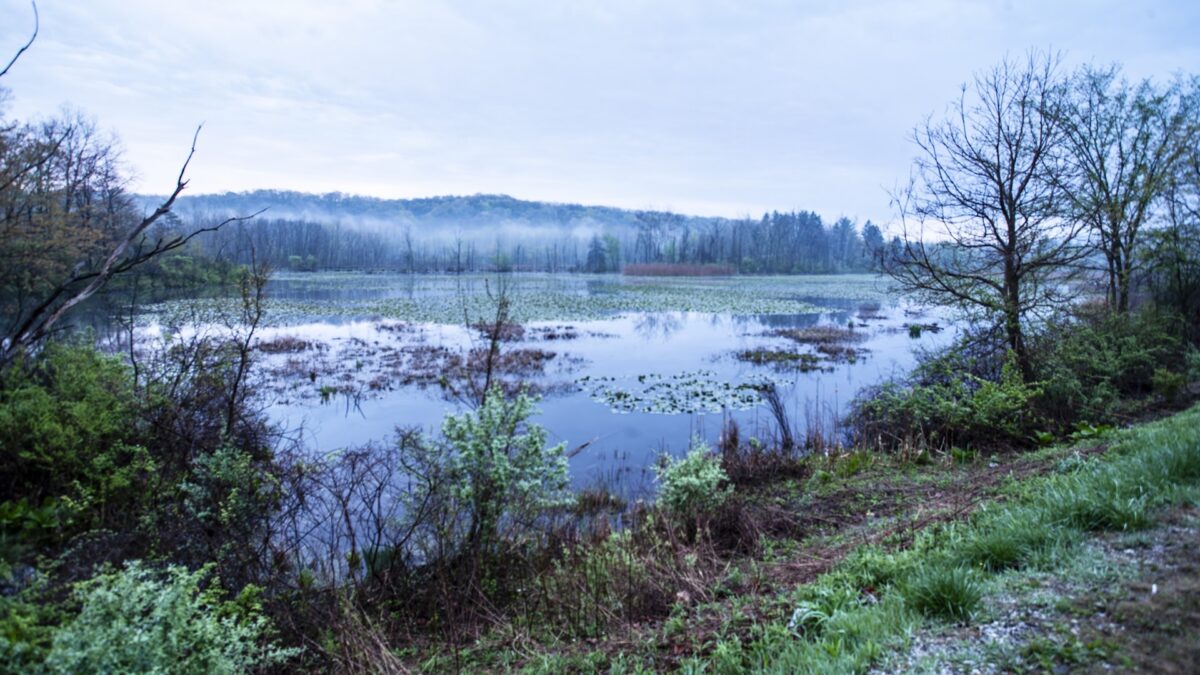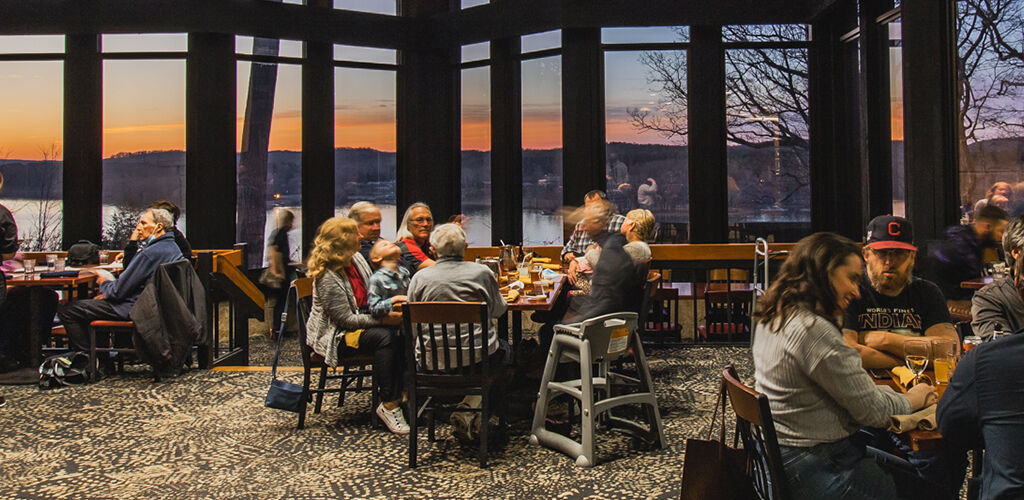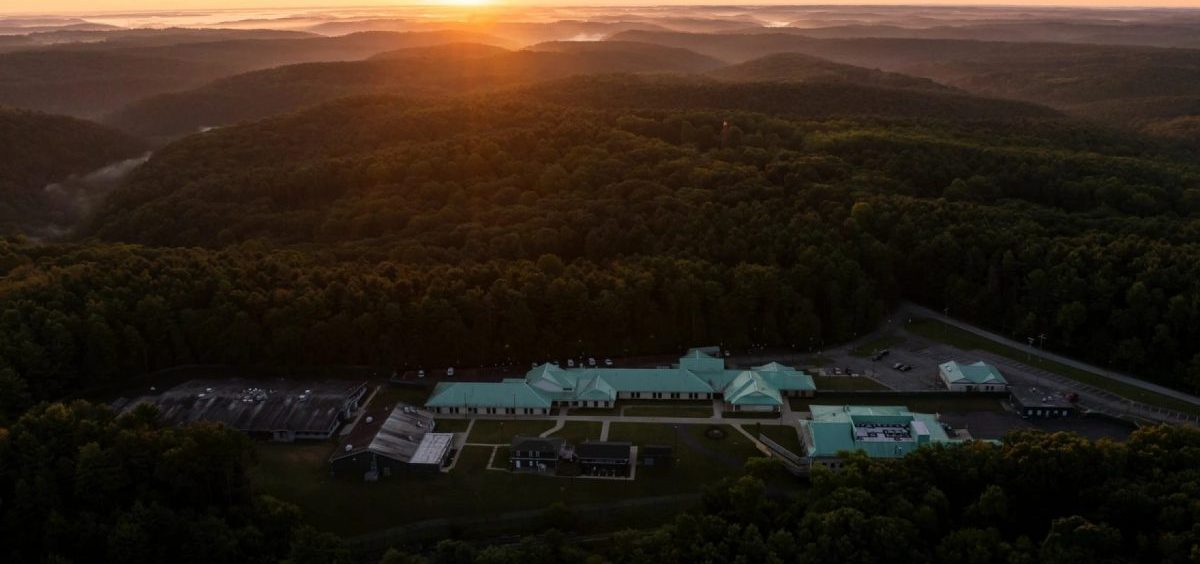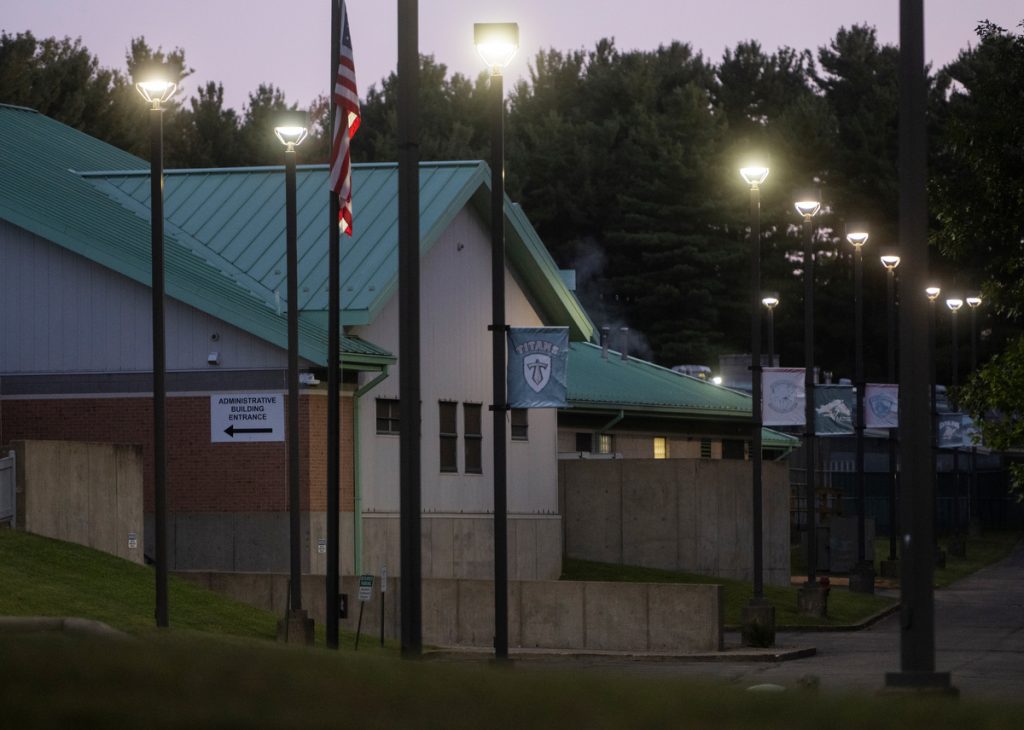 Mohican Young Star Academy, a youth residential treatment facility an hour northeast of Columbus, Ohio. [Nate Smallwood for The Marshall Project]
Mohican Young Star Academy, a youth residential treatment facility an hour northeast of Columbus, Ohio. [Nate Smallwood for The Marshall Project]
This article was published in partnership with The Marshall Project – Cleveland, a nonprofit news team covering Ohio’s criminal justice systems. Sign up for their Cleveland newsletter and Facebook Group, and follow The Marshall Project on Instagram, Reddit and YouTube.
State officials have suspended admissions to Mohican Young Star Academy while it once again investigates the embattled youth treatment facility, which has struggled to contain escalating violence in the past year.
The move leaves juvenile court judges and local children’s services agencies that rely on Mohican — including in Cuyahoga, Summit, Hamilton and Lucas counties — reassessing contracts or preparing to relocate youth, many of whom have complex behavioral and mental health needs.
The action comes several weeks after The Marshall Project – Cleveland documented escalating violence, staff injuries and campus-wide fights at the state’s largest youth residential treatment facility following an ownership change in November 2024.
Mohican “has demonstrated a pattern of serious noncompliance and/or committed violations that pose a substantial risk to the health and safety of residents in its care,” Eric Wandersleben, a spokesperson for the Ohio Department of Behavioral Health told The Marshall Project – Cleveland.
State officials will monitor operations at Mohican, and the pause on admissions will remain in place until the violations are corrected, Wandersleben said.
The state order was issued Nov. 20. It is unclear which violations sparked the decision to suspend new admissions, or what will happen to the children already in the facility. State agencies…
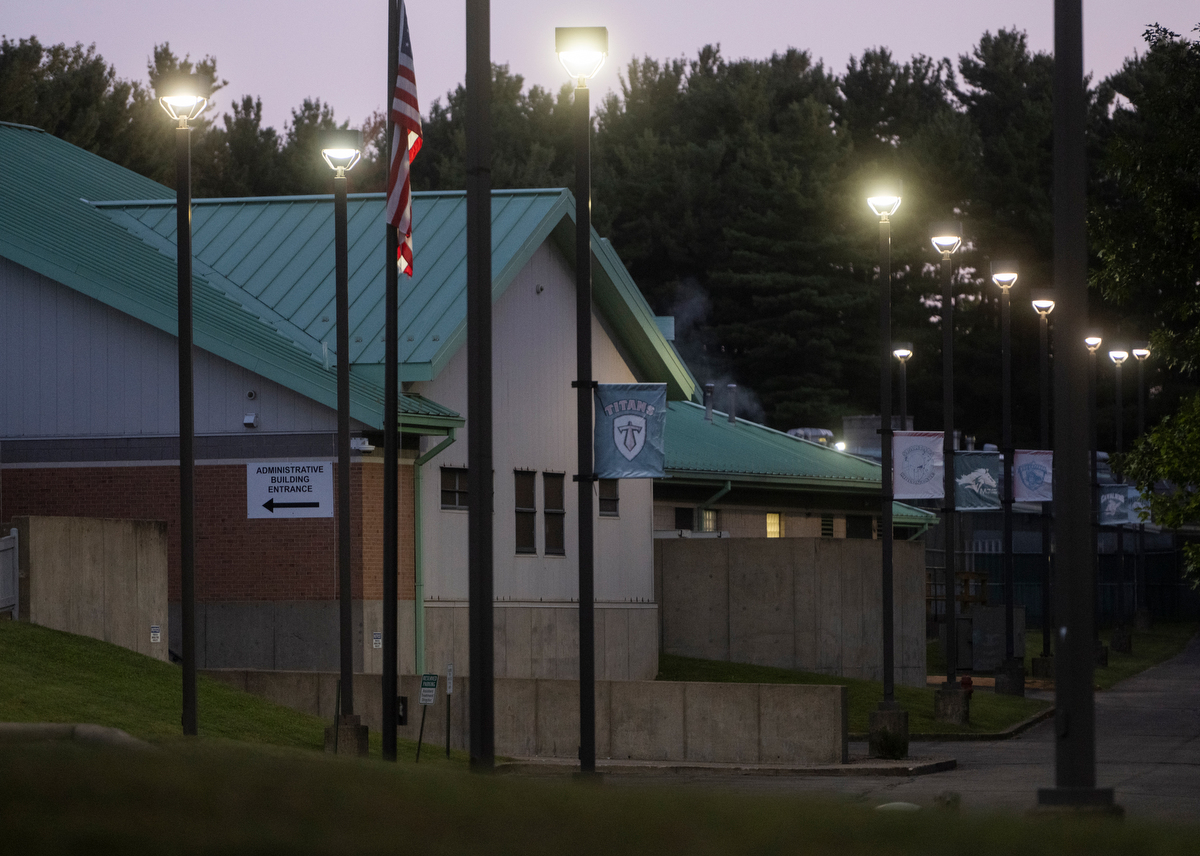
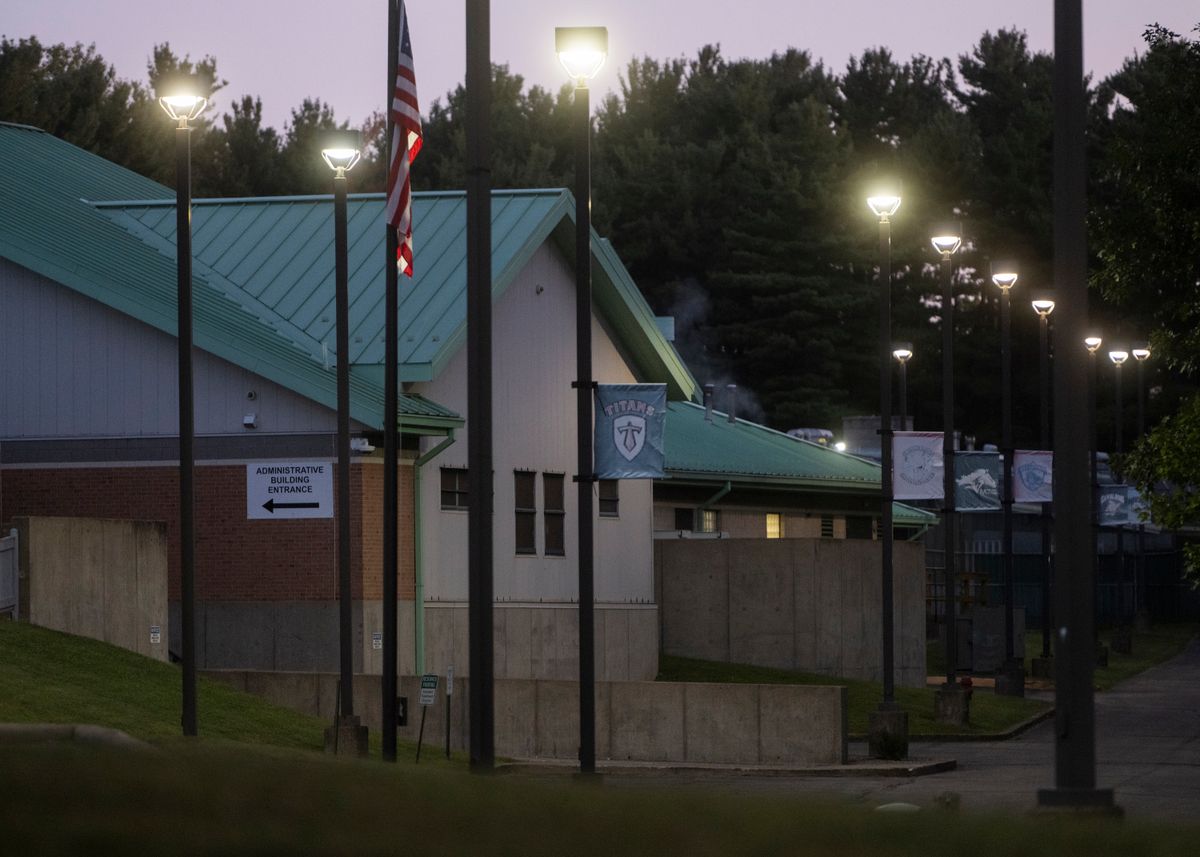
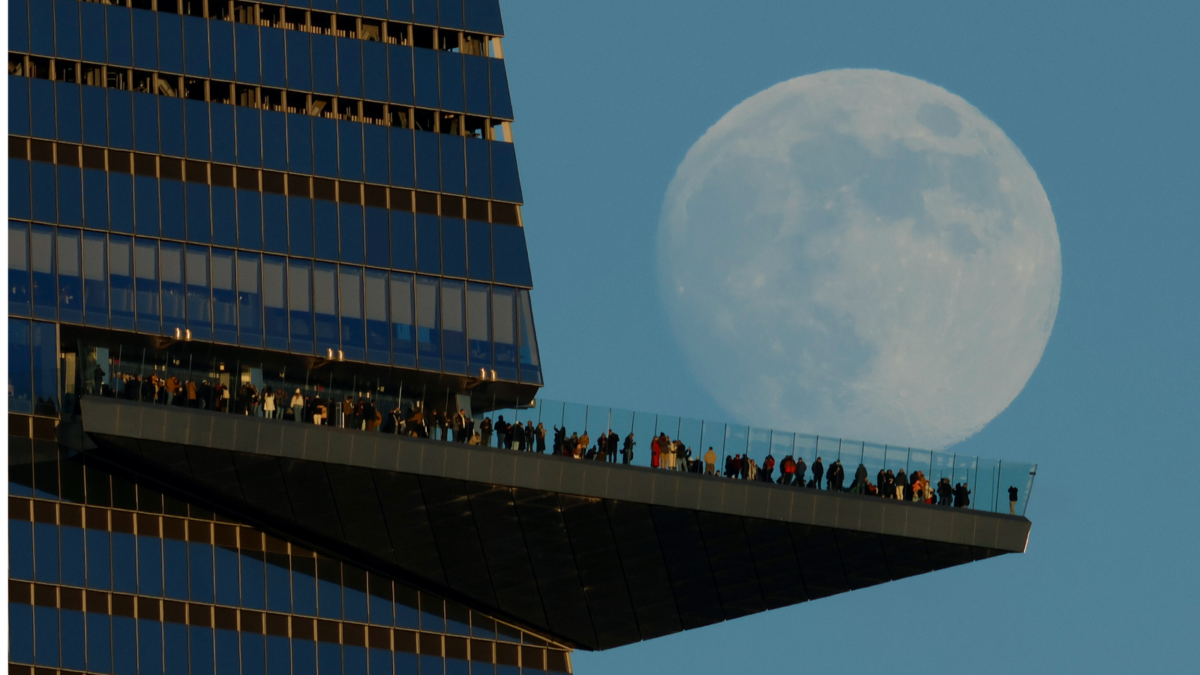
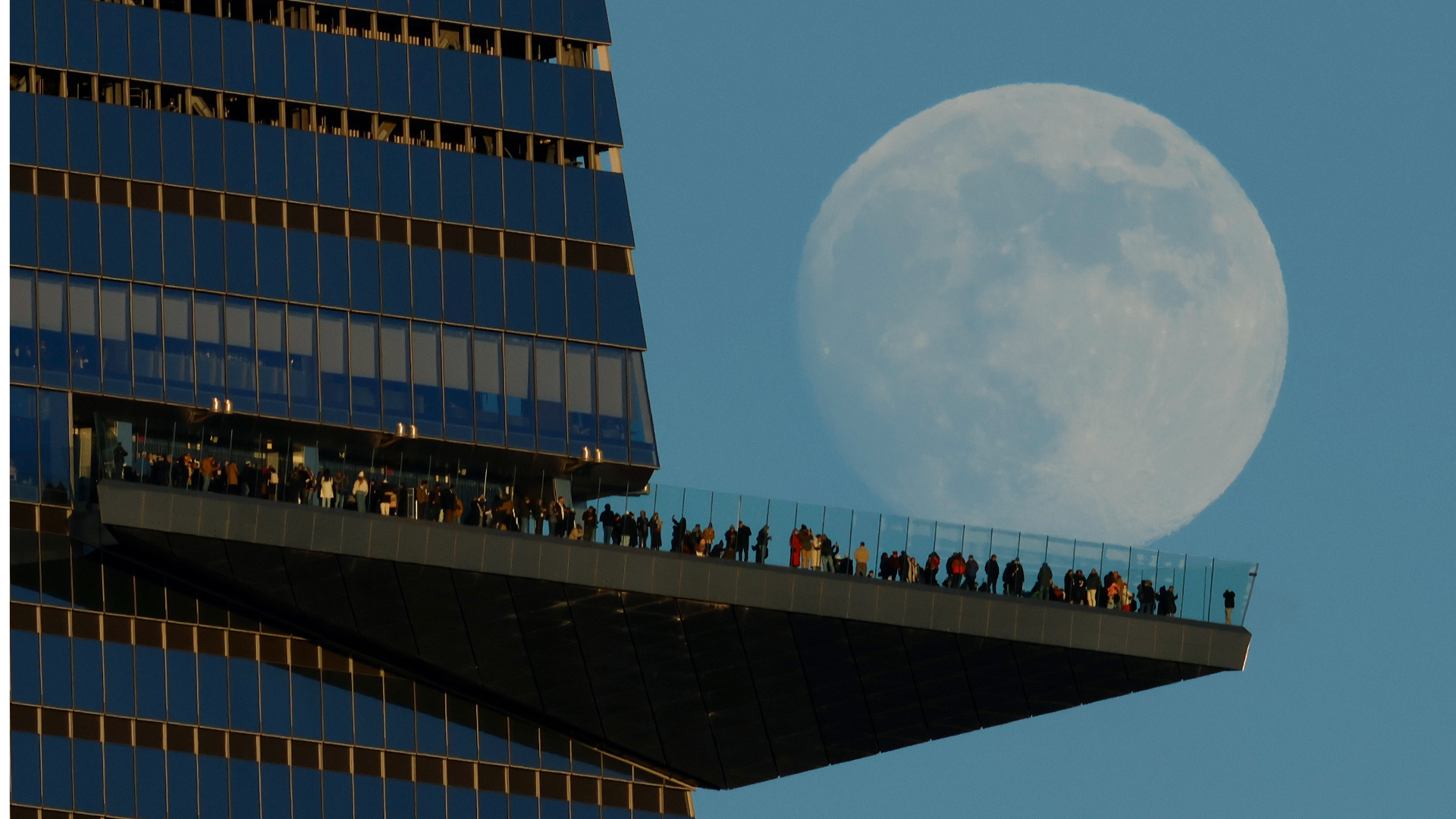

 -Mostly SunnyTonight
-Mostly SunnyTonight
 Eric Cao’s painting. All photos provided by Cameron Dedrick.
Eric Cao’s painting. All photos provided by Cameron Dedrick.  K. Jai Hutchins’s painting.
K. Jai Hutchins’s painting.  Adi Helbert’s painting.
Adi Helbert’s painting.  Riley Cline’s painting.
Riley Cline’s painting.  Olivia Brannon’s painting.
Olivia Brannon’s painting. 
